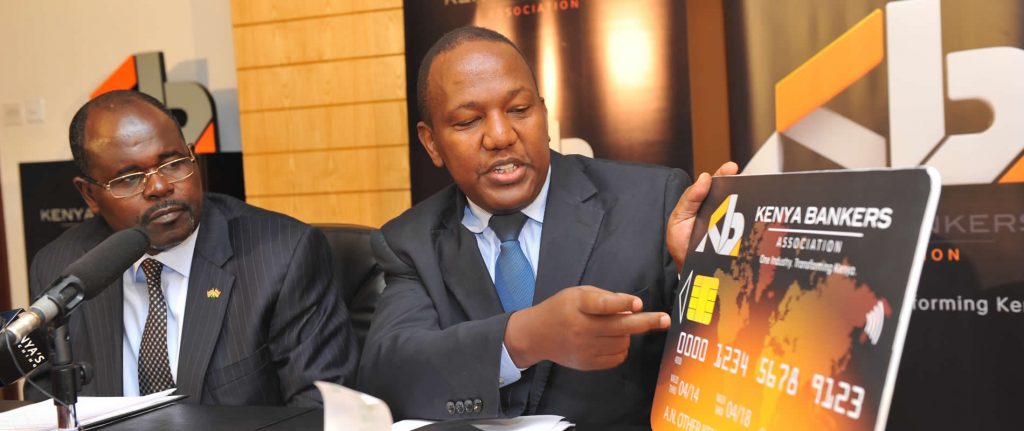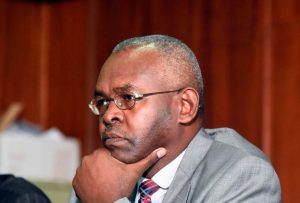
- The Campaign awareness dubbed ‘Kaa Chonjo’ seeks to enlighten the masses on online safety.
- The country has been facing an increase of cybercrime with the onset of COVID-19 pandemic.
- The initiative is spearheaded by the Kenya Bankers Association (KBA) with this year’s theme #SecureYourBanking
The COVID-19 pandemic was a catalyst for migration of consumers from the brick and mortar bank transactions to the digital space. The Kenya Bankers Association’s (KBA) Customer Satisfaction Survey of 2020 indicates bank customers’ preferences for digital services stood at 43%.
This shift has necessitated banks to enlighten the masses on online safety through the ‘Kaa Chonjo’ Awareness campaign, as the country is recovering from the pandemic. According to KBA there is increased vulnerability of the public to cybercrimes such as phishing, identity theft and data breaches due to the increased use of online transactions.

According to the Equity’s Q1 2021 results, digitization has enabled at least 98% of all Group transactions to happen outside the branches with 86.8% of the transactions being on self-service mobile and Internet banking and 1.6% of the transactions happening on Agency and Merchant banking third party variable cost infrastructure. Only 1.8% of transactions happened on fixed cost brick and mortar branch and ATM infrastructure, while 89% of the loan transactions were conducted on the mobile channels.
Adoption of digital payments in the sector was accelerated in the number of transactions processed. The number one enabler for mobile and online transactions was the waiver by the bank of charges amounting to Kshs. 1.5 billion to enhance households’ disposable incomes, while at the same time sensitizing clients to adopt mobile, digital, and online banking, in compliance with health protocols of reduced mobility, minimized interactions, promoting hygiene, and maintaining social distancing. For instance, Equity transactions through the Pay with Equity solutions grew by 31% and the value rising by 58% to reach Kshs.1.07 trillion.

With most transactions happening through the online channels, Banks have devised crucial mechanism to inform and educate the masses on cyber security. The bank enhanced online banking, focused on mobile technologies, internet, and artificial intelligence to drive online channel experience.
Equity has been continuously informing and educating the masses around online safety ensuring that cyber security is top-notch priority. The bank has also been partnering with like-minded institutions such as Safaricom to share technical knowledge and build a common approach to risks such as fraud and cyber-security.
The bank set up a universal customer care number 0763 000 000, which customers are contacted through. This is to ensure that customers are protected from scammers, as they know the bank only calls them using that universal number.
Some of the ways in which customers can protect themselves include understanding how the bank interacts with you, as the institution does not ask for your credentials – Pin or Password. Do not click on any link requesting to share personal information or to verify account details. Ensuring you have Multi-Factor Authentication, avoiding using public computers or Wi-Fi connections and finally reporting fraud cases immediately to the Bank or the police.
As businesses and individuals become increasingly dependent on technology and digital connectivity, and with Covid-19 exacerbating our dependence, any disruption in our digital progress could be crippling if proper measures are not set. The government regulators, security agents and the banking industry need to continue working together to ensure secure and trusted digital connectivity in a data driven world, to protect individuals, businesses, and the economy.
According to Data Report, there were 21.75 million internet users in Kenya in January 2021 while the Internet penetration in Kenya stood at 40.0% in January 2021. This number shows how internet penetration has been key in customers uptake of internet and mobile banking. Thus, the need to ensure that the banking systems and securities are uptight to curb the vice.










